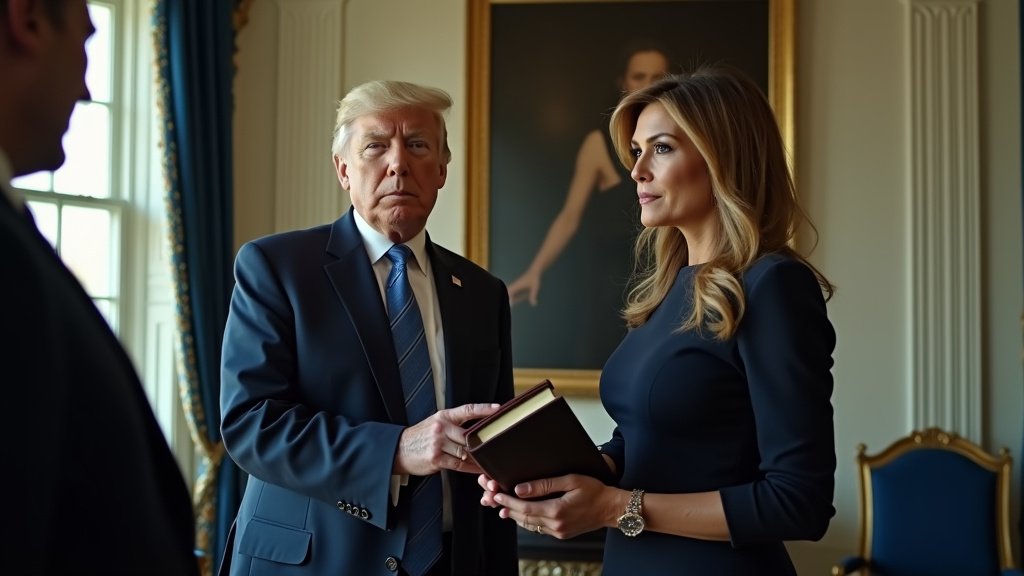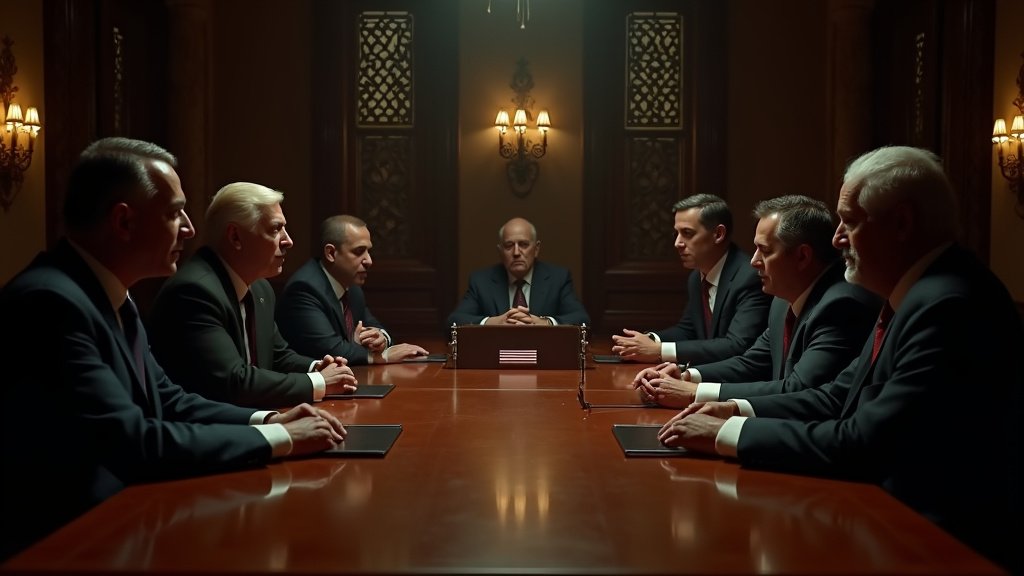Boston, MA
A broad coalition of prominent doctors’ groups and public health organizations launched a legal challenge against U.S. Health Secretary Robert F. Kennedy Jr. in federal court here on Monday, July 8, 2025. The lawsuit targets Secretary Kennedy’s recent decision to cease recommending COVID-19 vaccinations for the majority of children and pregnant women, a move the plaintiffs contend endangers public health and disregards established scientific protocols.
Legal Challenge Details
The plaintiffs filing the suit represent a significant segment of the American medical and public health communities. They include the American Academy of Pediatrics, the American Public Health Association, the American College of Physicians, the Infectious Diseases Society of America, the Massachusetts Public Health Alliance, and the Society for Maternal-Fetal Medicine. Also named as a plaintiff is an unnamed pregnant doctor, highlighting the specific concerns regarding recommendations for expectant mothers.
The core of the lawsuit asserts that Secretary Kennedy’s new recommendations, first announced in late May, abandon the rigorous, evidence-based scientific review process traditionally governing public health guidelines. The coalition argues this abrupt shift could have severe consequences for national health outcomes, particularly concerning vulnerable populations.
The groups are seeking injunctive relief from the court. Specifically, they aim for a court order to halt the implementation of Secretary Kennedy’s directive and to compel the restoration of the COVID-19 vaccine recommendations to standard immunization schedules maintained by public health authorities.
Concerns Over Policy Shift
Medical professionals and public health experts voiced immediate alarm following Secretary Kennedy’s policy announcement in late May. They emphasize that official immunization recommendations have historically been based on extensive data review and consensus among leading scientific bodies.
The lawsuit underscores this concern, alleging that the decision to withdraw the recommendation for most children and pregnant women lacks a foundation in the scientific evidence supporting the safety and efficacy of COVID-19 vaccines for these groups, particularly in mitigating severe disease outcomes.
Broader Public Health Context
The legal action takes place against a backdrop of increasing anxiety within the public health sector regarding the trajectory of vaccine confidence and communicable disease control in the United States.
The lawsuit also brings to light Secretary Kennedy’s actions in June, which saw him fire all 17 members of the Advisory Committee on Immunization Practices (ACIP). The ACIP is a crucial independent body that provides guidance and recommendations on vaccine use in the U.S. Following the dissolution of the committee, Secretary Kennedy appointed new panelists under the banner of “Make America Healthy Again,” a move that drew criticism due to reports that some appointees hold views skeptical of established vaccine science.
Medical professionals cited in the lawsuit contend that actions like the policy change and the restructuring of ACIP are fueling uncertainty among patients and contributing to broader public health challenges. They point specifically to a significant increase in U.S. measles cases in 2025 as an example of a preventable disease resurgence potentially exacerbated by waning vaccine confidence.
According to recent data cited by the plaintiffs, the United States has recorded 1,277 confirmed measles cases across 40 states in 2025. This represents the worst measles outbreak the country has seen in over 30 years, highlighting the potential consequences of weakening public health infrastructure and vaccine uptake.
The Path Ahead
The lawsuit filed in Boston initiates a potentially lengthy legal battle that could have far-reaching implications for federal health policy and the authority of the Health and Human Services Secretary regarding vaccine recommendations. The plaintiffs maintain that their action is necessary to uphold the integrity of the scientific process in public health decision-making and protect the population from preventable diseases.
Secretary Kennedy’s office has not yet issued a public response to the lawsuit as of Monday afternoon. The case is expected to navigate complex legal arguments concerning the scope of the Secretary’s authority and the role of scientific bodies in shaping public health guidelines.











